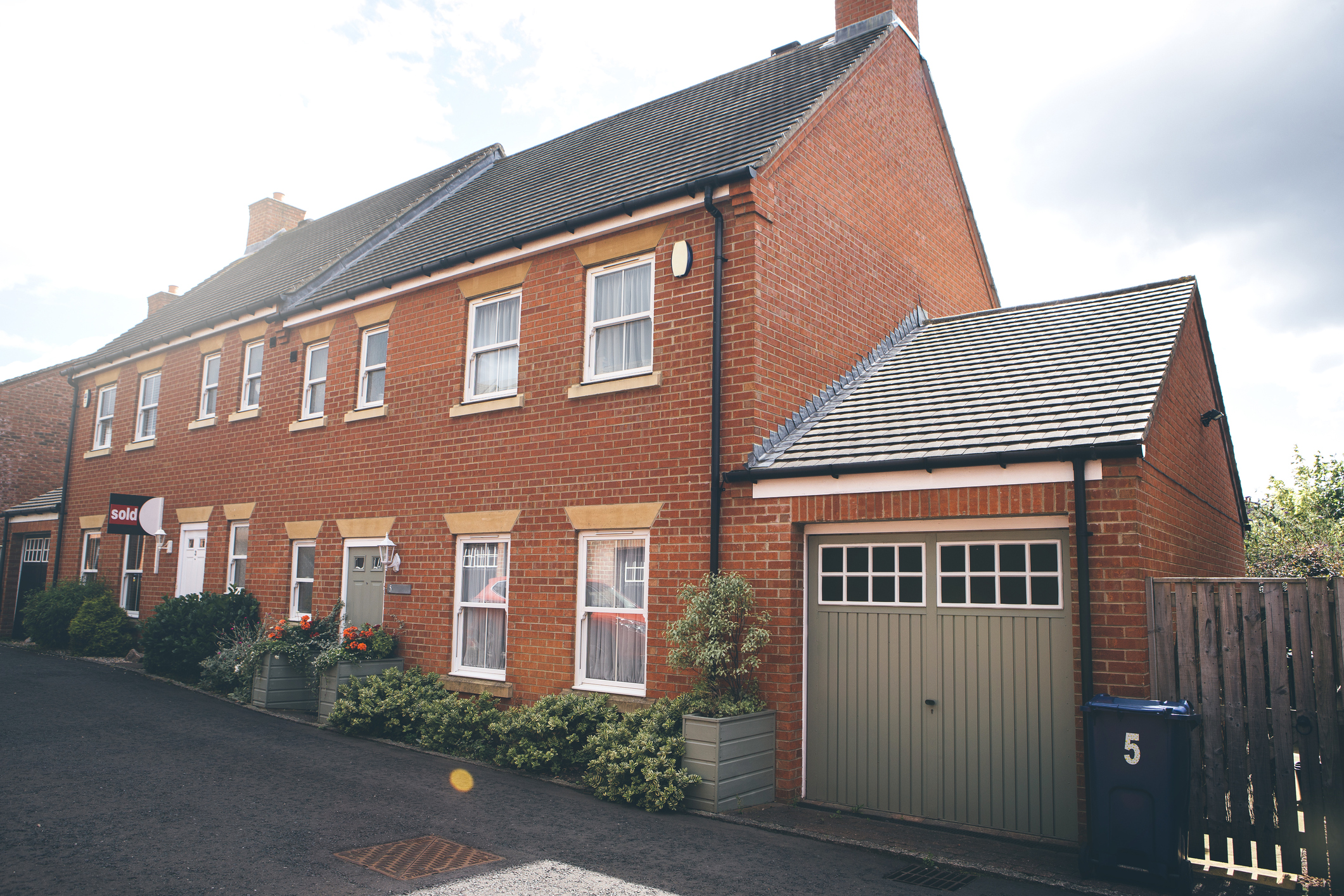
High house prices force many adults to live with their parents
Many young people have no alternative but to live with their parents to save enough money for a deposit to buy their own home due to high house prices.
The specialist bank Aldermore has estimated that 22% of aspiring first-time buyers are currently living with their parents. Of those, just over a quarter – 26% – say they will have to live with their family for five or more years to save for a deposit, whilst one in ten expect to live with their family for three to four years.
Rising house prices in many parts of the country means that the situation is unlikely to improve anytime soon, with almost a third – 31% – strongly agreeing that buying a home is unachievable for them at the moment.
As well as having to provide a home for longer for their children, parents are also spending extra on food and drink, petrol, electricity bills, as well as helping to fund deposits.
The ‘bank of mum and dad’ will help finance many UK mortgage deals this year, with contributions of tens of thousands of pounds likely.
The study by Aldermore suggests that the government needs to do more to help first-time buyers, with a quarter of those surveyed saying it should address increasing property prices, while 10% say that building more homes is the priority.
Some 14% are keen for the government to relaunch the Help to Buy scheme as a priority, and 12% say bank and building society lending criteria should be adapted to better help first time buyers.
Charles McDowell, Aldermore’s commercial director, mortgages, said: “First-time buyers have a notoriously difficult time getting on the property ladder. Since saving an adequate deposit remains the biggest obstacle, more and more people have had to move back into the family home to boost their savings.
“Our report reveals just how difficult this can be to navigate, with real impact not just on parents finances but also on the relationship with their children and their own ability to save. Furthermore, as parents are less able to save for their retirement, more people will require help to unlock the value held within their property in later life. This is an intergenerational problem that goes beyond the simple view of the Bank of Mum and Dad.”


If you have any comments, please email the author of this article and click on the link above